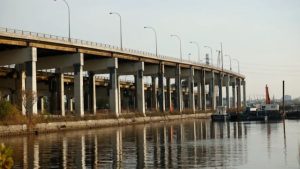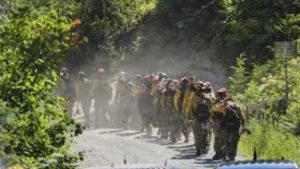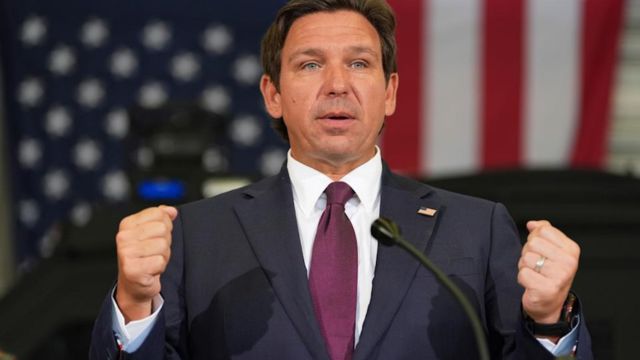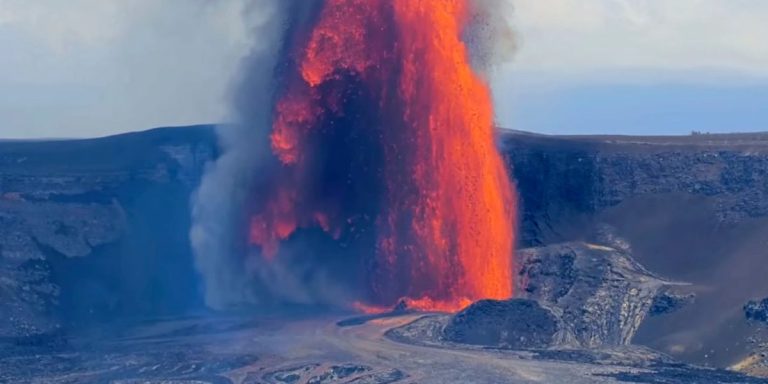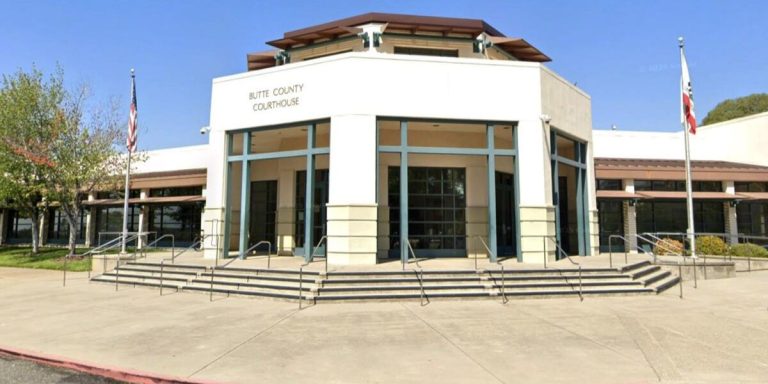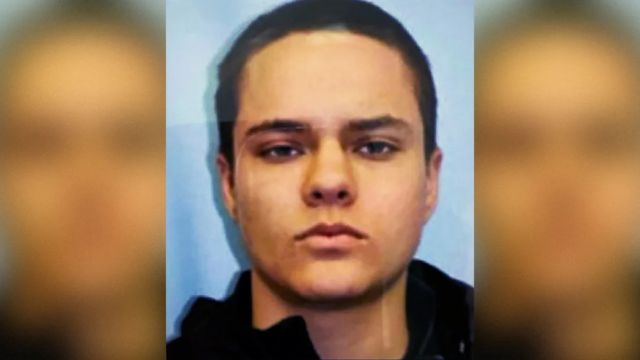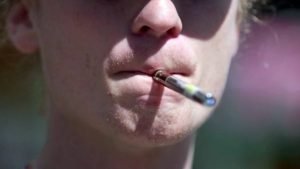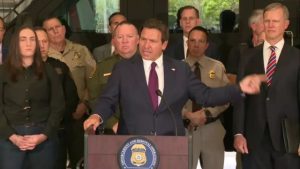MIRAMAR, Fla. — In less than a week, a record 1,120 people suspected of being in the U.S. illegally were arrested in Florida during a sweep organized by federal, state, and local authorities. On Thursday, officials said that the success of the operation was due in large part to the growing number of local and state police departments supporting President Trump’s push for mass deportations.
Thursday, Florida Gov. Ron DeSantis and officials from the U.S. Department of Homeland Security praised the arrests as an example of how well they worked together.
At a press meeting with federal officials, DeSantis said, “We will continue to do broad interior enforcement work.” “This is just the start.”
As part of certain agreements, local cops can arrest and detain people for immigration violations. As of December, U.S. Immigration and Customs Enforcement had made deals with 135 different states. The number of deals has since grown to 517 across 39 states, with 74 more agencies still waiting for approval.
As the Trump administration works to improve partnerships with state and local governments, it is also taking action against those that don’t help immigration officials. Monday, the president signed an order that will make a list of “sanctuary” cities public. He also threatened to bring criminal charges against state or local leaders who go against federal law.
People who are against local governments enforcing immigration laws say that doing so goes against a part of the U.S. Constitution that says that federal, not state, governments should be in charge of this.
Katie Blankenship, an immigration lawyer and co-founder of Sanctuary of the South, said, “This is finding ways to terrorize communities.” She also said that local police aren’t trained to deal with immigration problems “in any sort of just manner.”
Trump may have too many deportation plans for ICE to handle on its own.
About 6,000 deportation officers work for ICE, but they need help to reach Trump’s goal of deporting many of the 11 million people who are in the country illegally, which is a low estimate.
Greg Abbott, the Republican governor of Texas, is very close with Trump when it comes to immigration. Texas has 76 enforcement deals, which is the second-highest number of any state. One was signed on April 10 by the state National Guard. Texas has also agreed with U.S. Customs and Border Protection that its National Guard can put people in jail at the border.
Georgia and North Carolina have also joined Trump’s cause, but none of the states are as helpful as Florida, where all 67 counties’ governments have signed on. The Florida Department of Lottery Services and the Florida Fish and Wildlife Conservation Commission are two institutions that are taking part, but they don’t seem to have much to do with immigration law.
During the Biden era, no such deals were made. A “task force model” says that immigrants should be arrested by police on the streets and in neighborhoods. This is different from a “jail enforcement model,” which says that ICE only takes people into custody when they are locked up in state or local jails or prisons.
Lena Graber is a senior staff attorney at the Immigrant Legal Resource Center, a group that helps immigrants. She said that the Obama administration got rid of the task force model in 2012 because many people were worried that law enforcement agencies that were allowed to use it were arresting people based on their race.
Thursday, DeSantis and federal officials talked about “Operation Tidal Wave.” This was a joint law enforcement operation that, according to ICE, ended with the arrest of the most people in the U.S. illegally in one state in one week since the agency was founded in 2003.
Madison Sheahan, deputy head of ICE, said, “This may be the first operation of its kind, but thanks to the governor, it won’t be the last.” “We won’t stop,” she said, “because criminals and illegal immigrants will not be tolerated.”
The federal government said that among the 1,120 people who were taken, many were subject to final orders of removal and had criminal convictions. These people included sex offenders, fugitives from justice, and members of gangs like MS-13 and Tren de Aragua. It was mostly people from Guatemala (437 of them) and Mexico (280 of them).
Officials didn’t say much about the people who were taken, like where or how they were arrested. They named eight people who they said had crime records on top of being in the country illegally.
The Florida Immigrant Coalition, which has more than 80 members across the state, said that the people being held by the government did not commit crimes against the public.


